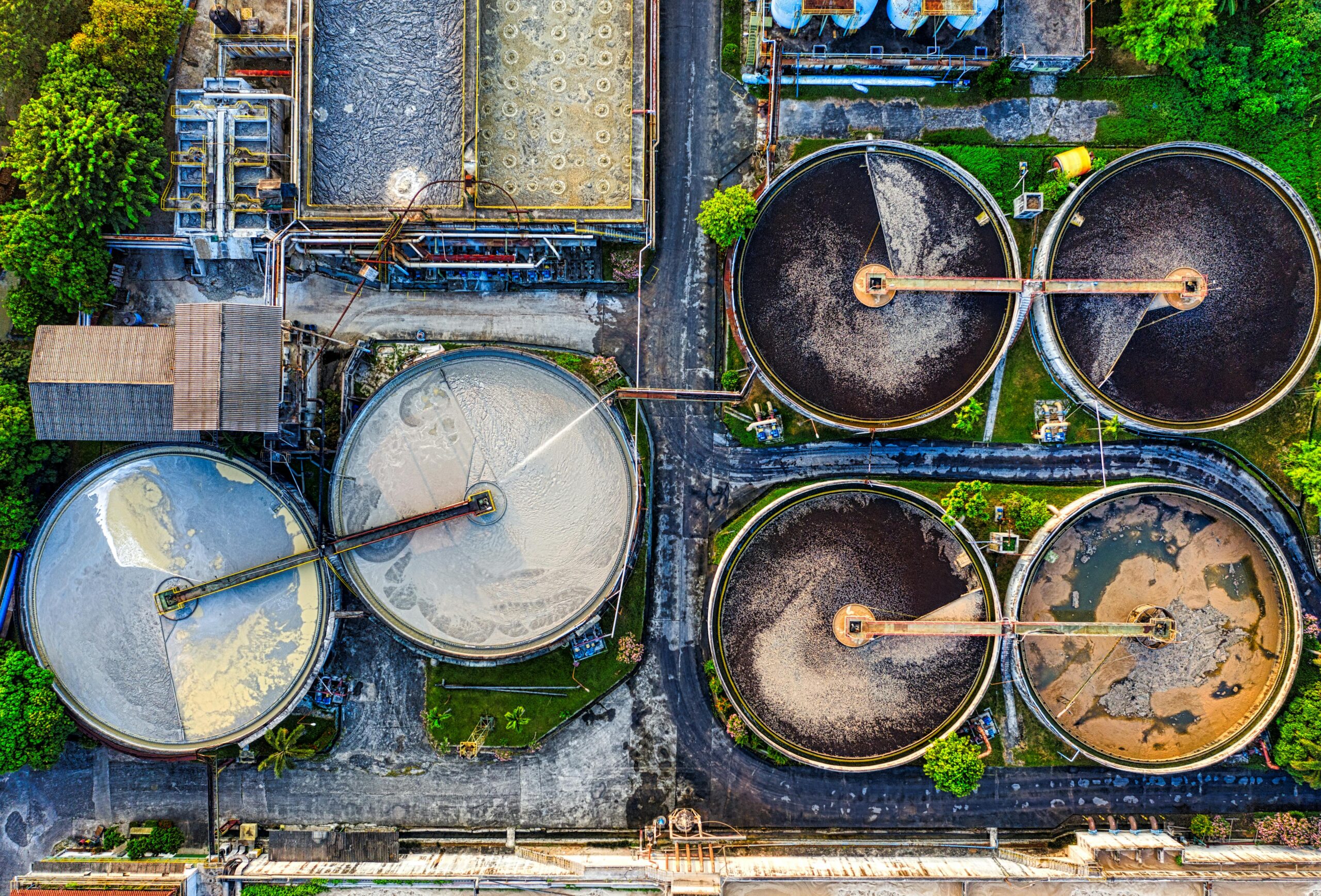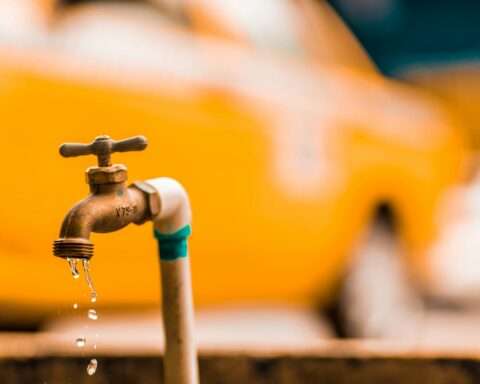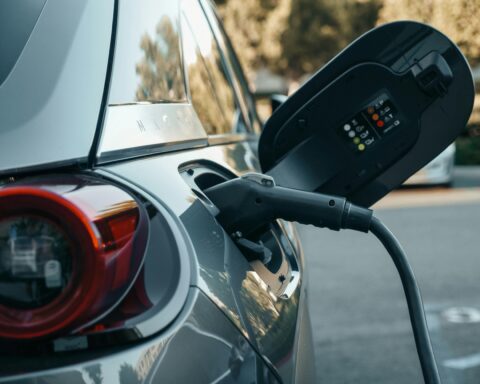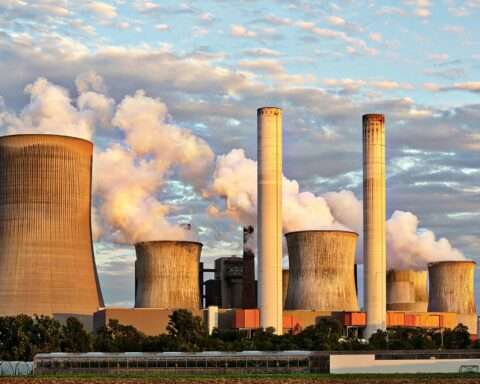Kansas Gov. Laura Kelly has announced the signing of House Bill 2172, authorizing a new state task force to address the state’s urgent water crisis.
The Water Program Task Force is designed to create a long-term investment program for water projects, identify dedicated funding sources and ensure a safe and secure water supply.
The group will be spearheaded by a 13-member bipartisan group of legislators, including at least one member from each of the state’s five conservation regions and six appointed members. It also includes a five-member water planning group tasked with reviewing and modernizing the State Water Resources Planning Act.
The water task force will evaluate current funding for water and the state’s water planning statues, investigate major risks to Kansas’ water quality and quantity, impacts on economic growth and water current funding. It will determine whether this funding is sufficient to address the water issues included in the State Water Plan, including current and future water infrastructure needs.
The task force will submit a report by Jan. 31, 2026, detailing its findings to the governor and state legislature. A second, final report will be issued on January 31, 2027. This will include recommendations on the water program’s long-term structure to address the state’s water needs, create guidance for lawmakers and identify a dedicated funding source for the State Water Plan Fund.
The task force also established a Plan Implementation Framework to guide the effort. The group has outlined its goals to increase accountability, create a two-year ramp-up road map and establish a longer-term 10-year blueprint. They have also pinpointed eight recommendations to reach these goals, including:
- Deliver a multigenerational promise.
- Regional planning and project development.
- Prioritize regionalization evaluation.
- Streamline water programs.
- Create a statewide water dashboard.
- Emphasize problem-solving through outcomes.
- Prioritize cost-sharing programs for water use reduction.
- Enhance federal collaboration.
The task force will tackle several risks within the state water system, including a declining water supply that could cause some Kansas communities to vanish within 25 years, as well as water insecurities limiting the state’s ability to retain and attract new businesses.
The force will also seek to ensure all Kansans have access to at least 50 years of water or be part of a regional plan actively working to achieve long-term water access by 2035. Members will also lookto upgrade technology for 10,000 agriculture irrigation systems to reduce water use by 15% while maintaining profitability. Additionally, the state expects the recommendations to manage sediment in key reservoirs to increase water storage for 1.7 million Kansans.
A second issue the task force will address is a significant funding gap for water infrastructure projects. To combat this, 200 communities will receive water infrastructure grants, and 2,800 repairs and replacements will be made to residential septic systems.
The task force has also identified water quality concerns that threaten public health and the state’s ecosystems. In response to this, the force will return 150 river and stream segments to “clean for all uses” status.
The final key the force will to address is an increased state investment, paired with delivery improvements, to deliver lasting, cost-effective water solutions statewide. The force will emphasize increased transparency on taxpayer investments and reduce “red tape” to foster additional federal, state and local partnerships.
The task force is guided by the public input of over 1,500 Kansans. Residents shared support for long-term, increased funding commitment from $60 million to $140 million annually. Additionally, stakeholder emphasized that funding increases should be contingent on demonstrated improvements in state capacity and transparent program outcomes during the “ramp-up” period.
Photo by Tom Fisk from Pexels













